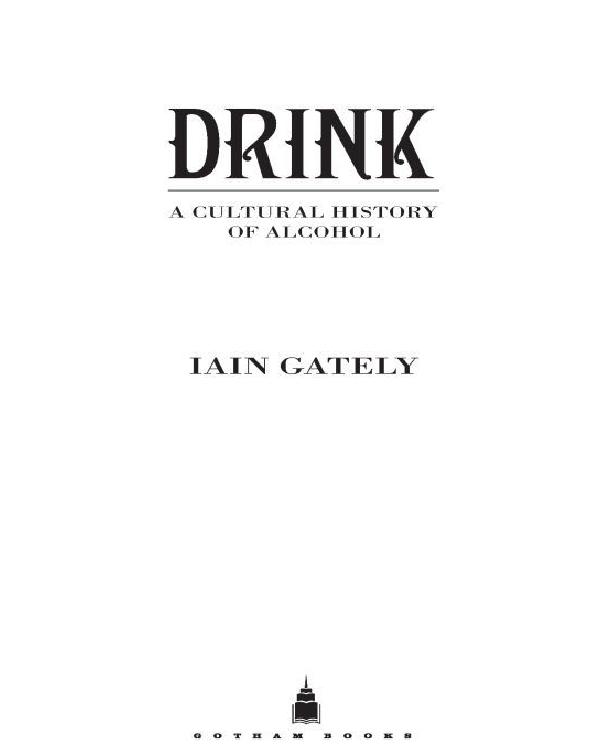
Drink
A Cultural History of Alcohol
کتاب های مرتبط
- اطلاعات
- نقد و بررسی
- دیدگاه کاربران
نقد و بررسی

April 21, 2008
With the same ambitious sweep and needle-in-history’s-haystack approach of his previous tome on tobacco, Gately takes on all things alcohol. From absinthe to Jay-Z’s boycott of allegedly racist Cristal, from Mayan pulque to Pilsner Urquell, he covers the history and the culture of the medicinal and mind-altering product that since at least 8000 B.C. has been part of human civilization. The book’s first chapters chronicle the history of fermentation and distillation from early civilization through the late Middle Ages, before the narrative’s bulk gives over to alcohol’s story since the colonization of the New World. Gately touches on such minutiae as the tableware and music selections onboard the expedition ships that followed Raleigh to America and an exacting chronology of laws enacted to ban the sale of alcohol to Indians. He ecumenically includes historical information from every civilized continent; yet for a book on booze, it’s at first drier than straight gin, definitely for those who like their history neat. Like a good party, however, it becomes livelier as the author works in such far-flung cultural materials as the plays of Alfred Jarry and Budweiser’s ’80s mascot, Spuds McKenzie. In the end, Gately ranges so wide and deep that this may become a classic reference on the subject.

October 15, 2008
For thousands of years, the world has both celebrated and cursed alcohol. In his latest breezily entertaining book, Gately, who has also written about another addictive substance in "Tobacco: A Cultural History of How an Exotic Plant Seduced Civilization", writes about both the beneficial and the detrimental effects alcohol has had on society while giving readers a concise, chronological history of alcohol throughout time and across the globe. Readers needing a basic overview of the general subject of alcohol should be satisfied with Gately's book, but researchers requiring a more detailed history about specific alcoholic beverages such as wine will need to find other books such as Thomas Pinney's "A History of Wine in America" or Roderick Phillips's "A Short History of Wine" to be more useful. Recommended for academic and larger public libraries.John Charles, Scottsdale P.L., AZ
Copyright 2008 Library Journal, LLC Used with permission.

June 1, 2008
Following his earlier treatise on tobacco, historian Gately focuses on another of humanitys consuming passions: alcoholic beverages. Beginning with classical civilizations, he traces the rise of vintner, brewer, and distiller, whose demand for fruits, grains, and new markets helped fuel the expansion of empires. Gately contrasts Christianitys intimate embrace of the fruit of the vine with Islams absolute rejection of intoxicating libations. European explorers carted wines over oceans only to discover that New World civilizations had already concocted their own sophisticated and highly drinkable spirits. Rum became inextricably bound with slave trading, and mass production and undisciplined consumption of whiskey and gin threatened to unravel the social fabric of newly industrialized European and American economies. Governments adopted different strategies for dealing with alcohol abuse, ranging from regulation of the opening hours of public houses to outright prohibition. A grand, always engaging survey of the role of booze in both cultural and social history.(Reprinted with permission of Booklist, copyright 2008, American Library Association.)

























دیدگاه کاربران